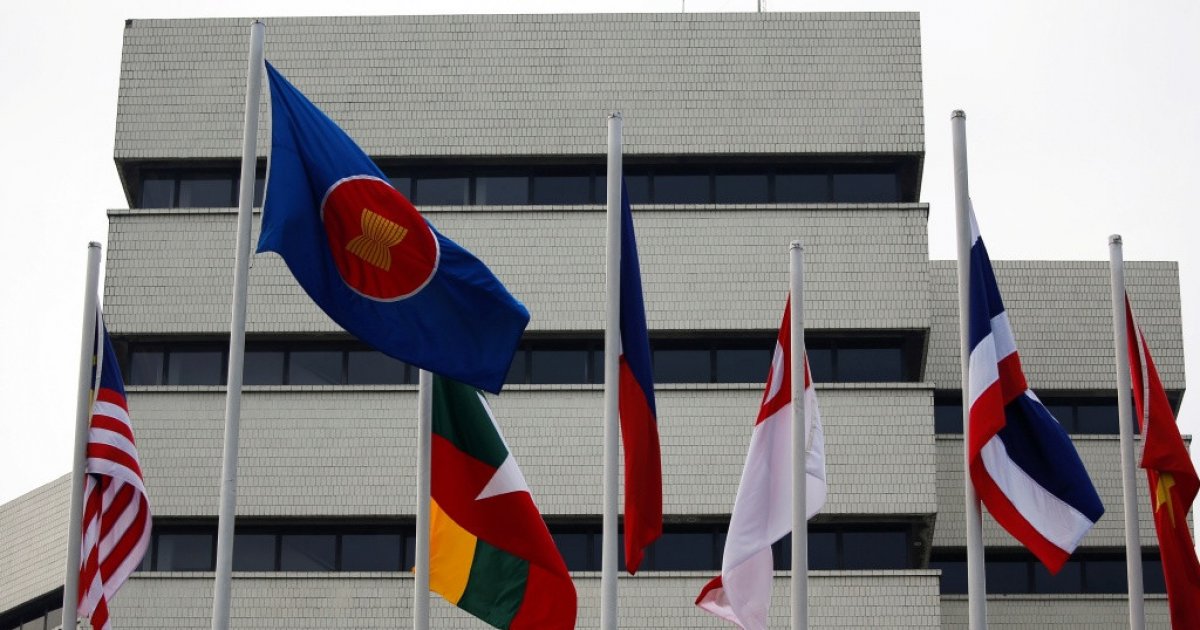The recent foreign policy consultations between Bangladesh and the Philippines — held after a six-year hiatus — shows not just intent from our government with regard to diplomacy, but also signals a timely opportunity to recalibrate our strategy when it comes to regional cooperation and how we could interact in the future with economies of Association of Southeast Asian Nations (Asean).
Indeed, as Bangladesh reiterates its aspiration to become a sectoral dialogue partner of Asean, the case for intensifying engagement with the bloc has never been stronger. With the bloc’s collective GDP exceeding $3.9 trillion, and its member states increasingly looking to diversify trade and investment partnerships, Bangladesh, with its robust textile sector, growing blue economy, and strategic Bay of Bengal location, is in an excellent position.
The Manila consultations explored potential cooperation across a plethora of sectors, where cybersecurity, maritime training, labour governance, and skills development are immediate areas that come to mind where Bangladesh can both contribute and benefit.
However, in order for us to realize these diplomatic ambitions, we must also remain committed to sustained diplomatic presence, cultural exchange, and strategic communications across the Asean capitals.
However, it is important for Bangladesh to go beyond bilateral overtures in this case and proactively pursue multilateral forums within Asean. In particular, Asean’s influence in Myanmar and its convening power could and should be pivotal in shaping pragmatic solutions for a crisis that continues to drag on for far too long, with the burden mostly being taken up by our nation. As such, we hope that our leaders are able to push for coordinated humanitarian action.
At a time when the global world order is increasingly volatile, having stronger ties with Asean economies could be a game changer for Bangladesh’s own future prosperity.



